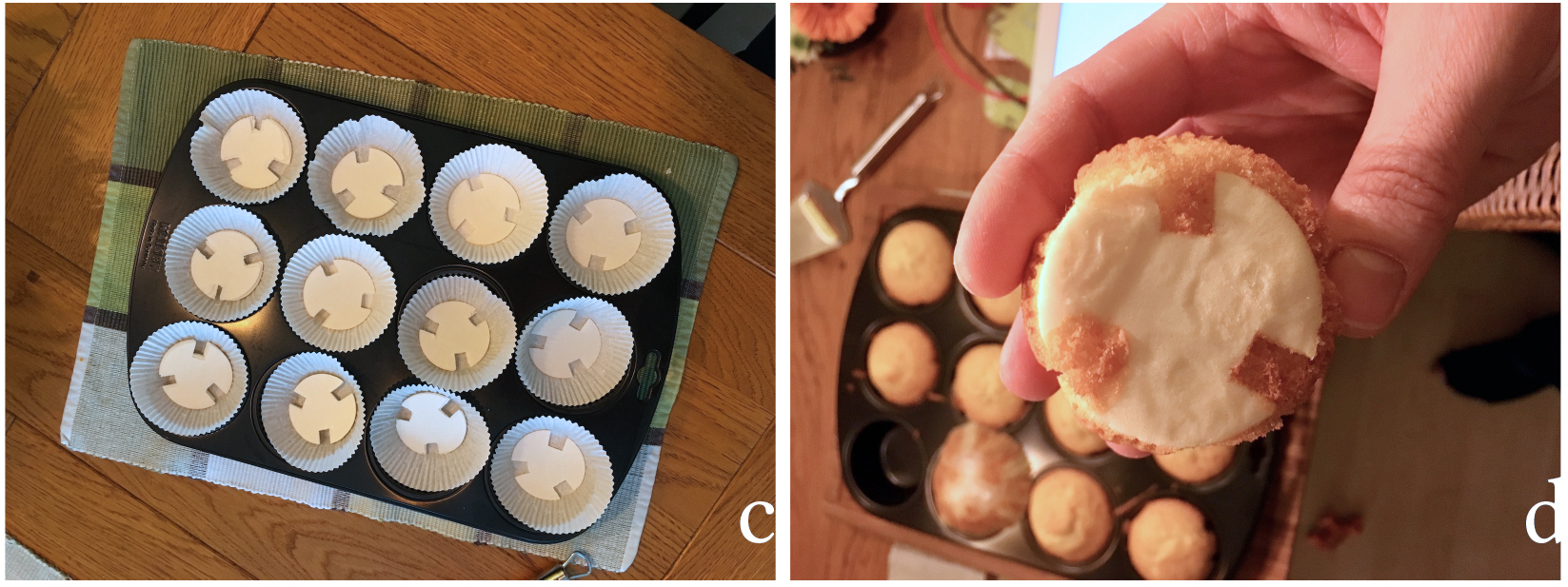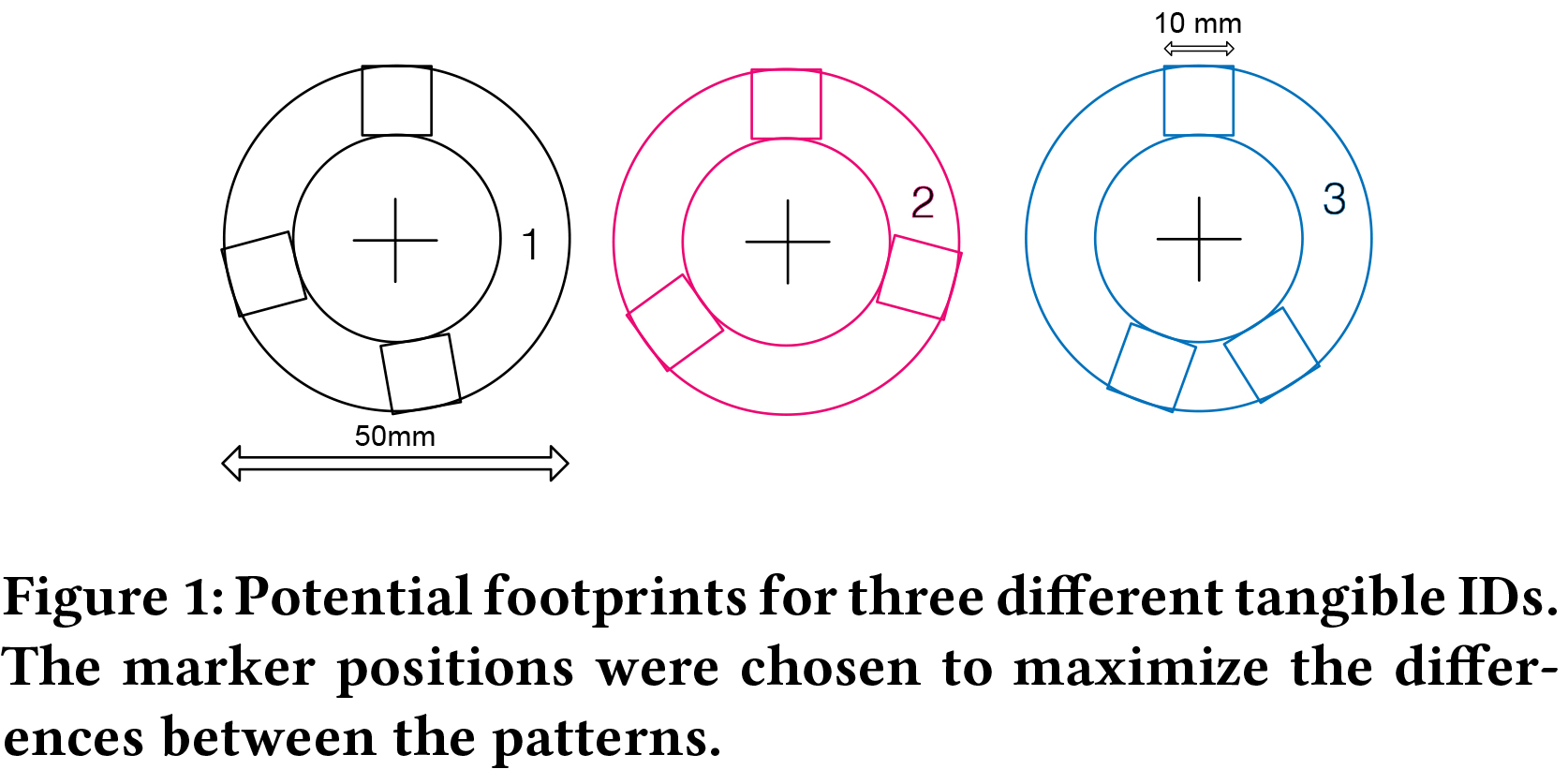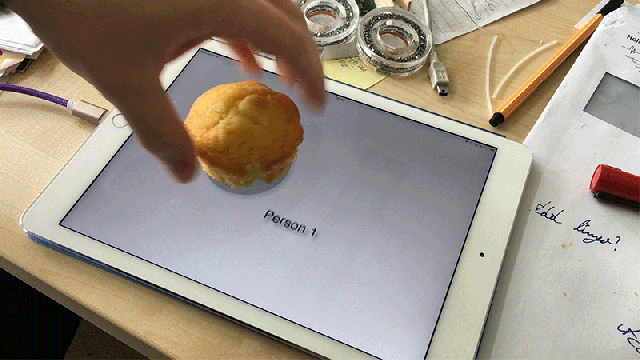The capacitive technology that allows us to physically interact with touchscreens isn’t just limited to our fingers or a fancy stylus. Hopefully, someone somewhere is polishing up a Nobel Prize because a researcher discovered that pastries work with touchscreens too, and with some clever baking techniques, an iPad is finally able to recognise your breakfast muffin.
Florian Heller, a Postdoctoral Researcher at the Expertise Centre for Digital Media at Hasselt University in Belgium, realised that the electrical field of the capacitive layer of a touchscreen display could be altered by conductive materials other than human skin and metal. Baked goods, especially when fresh out of the oven, contain enough moisture and humidity to be electrically conductive, which is all that’s needed for a capacitive touchscreen interaction to be acknowledged.

But why stop at a touchscreen simply acknowledging the presence of a baked good? In a recently published paper, ‘Muffidgets: Detecting and Identifying Edible Pastry Tangibles on Capacitive Touchscreens,’ Heller details a special baking method they devised. The pastry itself (in this case, a muffin) was created using a standard recipe that included sunflower oil and water, but at the bottom of the paper cups, circular baking wafers with notches were inserted so that after baking, the bottom of each muffin was left with a specific pattern of touch points.

Because capacitive touchscreens can recognise multiple points of touch at the same time, Heller was able to design a series of different footprint patterns that allow a device like an iPad to tell different baked goods apart.
So why would someone want to go to all this trouble? While the research could realise some fun personalisation opportunities (a message from your partner could start playing on your tablet during breakfast) there are some practical applications like using the touchpoints as a way to identify the ingredients of a specific pastry, including potential allergens, by simply plopping it down on your phone’s screen. As an informational tool, it could also provide details on a pastry’s calorie count, the presence of animal products, or it could simply trigger a link to the recipe so if you really enjoyed the danish you got with your morning coffee, you could make it yourself at home later while you’re scrubbing grease marks off your iPad’s screen.
